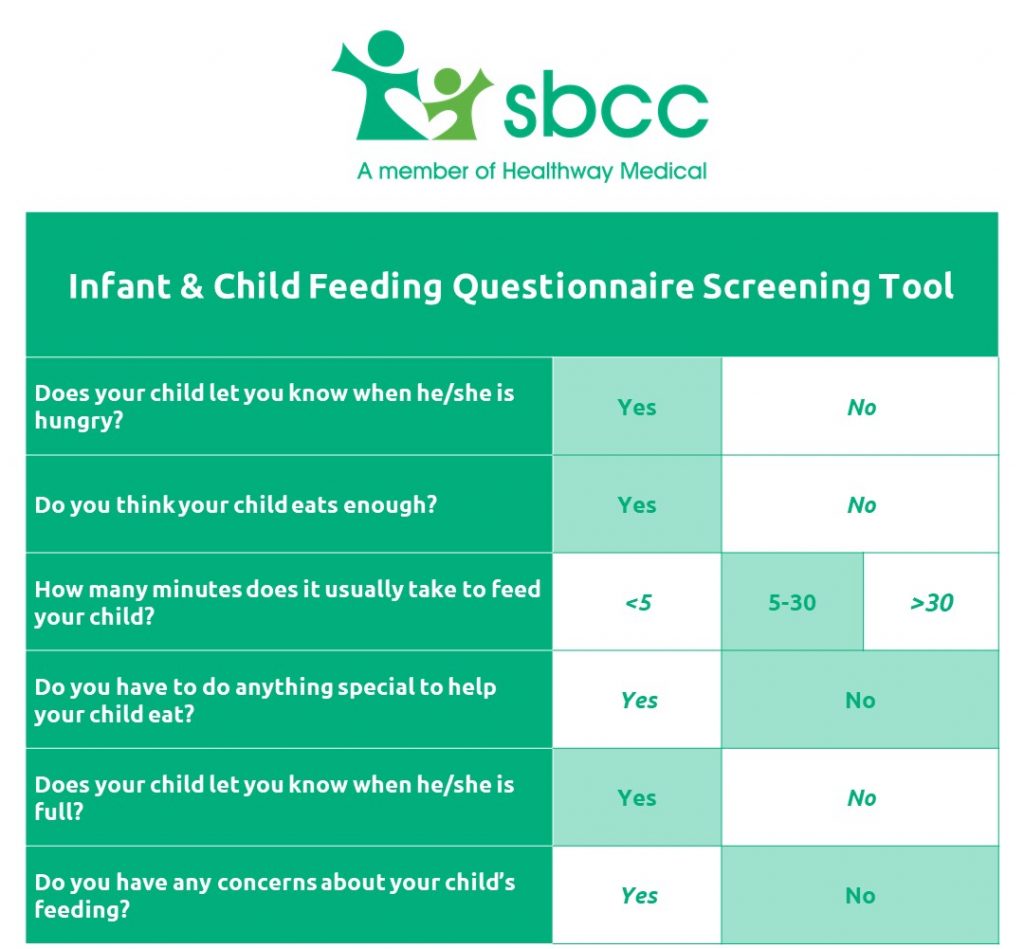Picky Eating in Children

Picky eating is fairly common amongst children. It usually starts in the toddler years, peaks around three years old, and then fades by the time the child is five. Parents are greatly concerned about what their child eats or rather, do not eat. However, most children get sufficient nutrition in their diet throughout the week.
Your child may be fussy about what he or she eats for a number of reasons, including sensitivity to scents, tastes, or textures. It is also possible that your child has underlying sensory problems or eating habits influenced by punishments and rewards.
As we move forward in this blog, we’ll explore some of the signs, causes, and more about picky eating.
How Can I Tell if My Child is A Picky Eater?
You may notice the following signs in your child if he or she is a picky eater:
- Force-feeding your child is something you do.
- You and your family find mealtimes stressful.
- It takes more than half an hour to complete a meal.
- There are certain types of food that your child won’t eat, such as vegetables or meats, or food that has a particular texture.
- Your child will only eat upon watching videos, shows, TV or other forms of entertainment.
- He or she will only consume a small selection of food with different flavours and textured, indicating that they only eat less than 20 varieties of food
- Your child is still eating most forms of baby food at 16 to 18 months.
- After 12 months, your child is having a hard time making the switch from milk to semi-solid foods.
- Refuses to try new type of food
Causes of Picky Eating
The causes of picky eating include early feeding problems, late introduction of lumpy foods during weaning, pressure to eat, and early selectiveness of food especially if the mother is worried about it. Fresh food and eating the same meal as your child can help prevent picky eating.
Tips for Picky Eating
Here are some Dos and Dont’s that you can adopt to help improve your child’s picky eating habit.
What you can do
To improve your child’s mealtime habits, you can:
- Set up a routine for mealtimes. Every day, your child should eat three main meals and one to two snacks.
- Have family meals together
- Limit screen time or distractions (e.g., television, tablet, phone) during mealtimes or delay introducing these distractions
- Keep the mealtimes to 30 to 45 minutes as children tend to get restless and may burn more calories than what they consume.
- Keep the atmosphere at mealtimes pleasant and calm.
- Believe your child when he or she says they’re full. Your child selects how much food he or she will consume, while you choose the menu.
- Encourage your child to self-feed portions of the meal while you feed the remaining.
- Allow your toddler to make some food messes during meals. Lay some newspaper on the floor to make cleanups easier.
- Setting a good example just as important during mealtimes. Children often follow their parents so if you want them to eat a certain food, eat them first and your child will follow.
What you should not do
Mealtimes may be difficult if your child is a picky eater, and you may unknowingly do things that aggravate the problem. Here are some things you should avoid doing:
- Force feeding
Force feeding can be stressful for both you and your child and may cause your child to develop negative emotions and mental state associated with eating
- Giving your child sugary drinks or snacks from an hour to mealtime
These may take the child’s appetite away.
- Asking if he/she likes or dislikes the new food you have given them.
Instead, talk about the shape, colour and taste of the food to get them interested and engaged.
- Threaten or punish your child if he/she does not eat.
Instead, keep calm and maintain a neutral stance. Do not force him/her to eat it while standing firm on the kind of behaviours (e.g. throwing of food, screaming) that are not acceptable by you.
Tips for Picky Eating
Here are some Dos and Dont’s that you can adopt to help improve your child’s picky eating habit.
What you can do
To improve your child’s mealtime habits, you can:
- Set up a routine for mealtimes. Every day, your child should eat three main meals and one to two snacks.
- Have family meals together
- Limit screen time or distractions (e.g., television, tablet, phone) during mealtimes or delay introducing these distractions
- Keep the mealtimes to 30 to 45 minutes as children tend to get restless and may burn more calories than what they consume.
- Keep the atmosphere at mealtimes pleasant and calm.
- Believe your child when he or she says they’re full. Your child selects how much food he or she will consume, while you choose the menu.
- Encourage your child to self-feed portions of the meal while you feed the remaining.
- Allow your toddler to make some food messes during meals. Lay some newspaper on the floor to make cleanups easier.
- Setting a good example just as important during mealtimes. Children often follow their parents so if you want them to eat a certain food, eat them first and your child will follow.
What you should not do
Mealtimes may be difficult if your child is a picky eater, and you may unknowingly do things that aggravate the problem. Here are some things you should avoid doing:
- Force feeding
Force feeding can be stressful for both you and your child and may cause your child to develop negative emotions and mental state associated with eating
- Giving your child sugary drinks or snacks from an hour to mealtime
These may take the child’s appetite away.
- Asking if he/she likes or dislikes the new food you have given them.
Instead, talk about the shape, colour and taste of the food to get them interested and engaged.
- Threaten or punish your child if he/she does not eat.
Instead, keep calm and maintain a neutral stance. Do not force him/her to eat it while standing firm on the kind of behaviours (e.g. throwing of food, screaming) that are not acceptable by you.
When Should I Consult My Paediatrician?
You should consult your paediatrician with regards to your child’s picky eating when:
- You are starting to be concerned about your child’s growth
- Mealtimes are stressful for both you and your child
- Your child often chokes, coughs or vomits when feeding
- Your child only eats less than 10 types of food in each food category (vegetables, fruits, grains, protein and dairy)
Infant & Child Feeding Questionnaire Screening Tool
If your child is under the age of four, you may use this simple questionnaire screening tool to see if his or her feeding challenges require medical attention.

If you have selected two or more responses in a white box, this indicates that you child may have developed picky eating. You may schedule an appointment with any of our paediatricians for a Childhood Developmental Screening at any of our SBCC Baby & Child heartland clinics.









